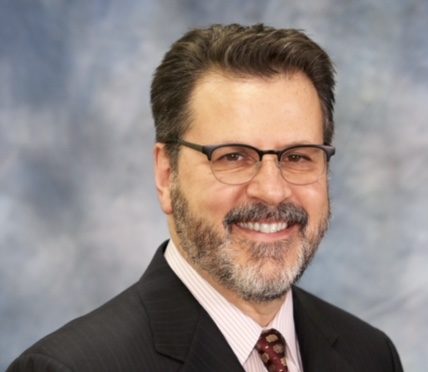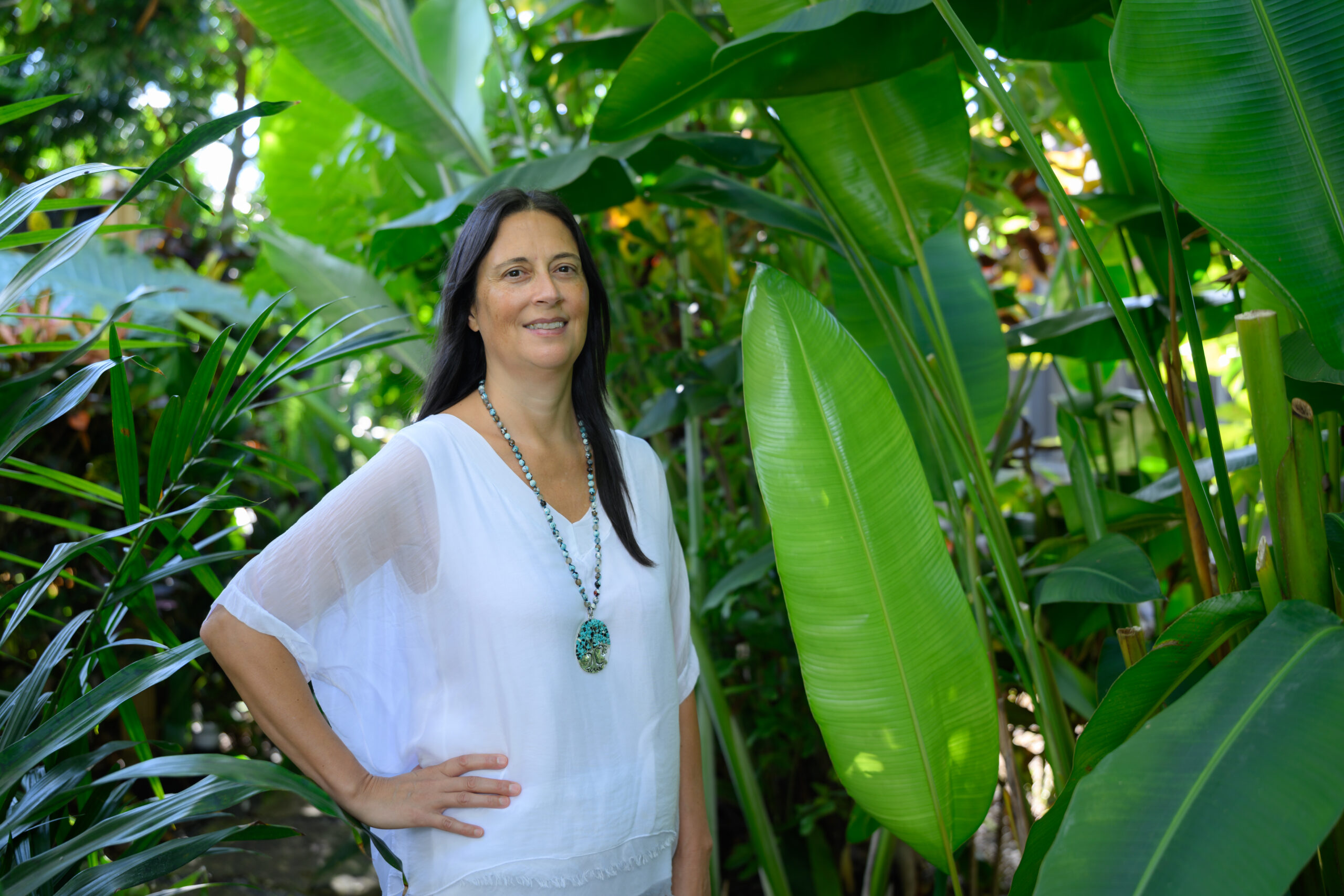Lifestyle reached out to businesspeople all over South Florida—in categories ranging from retail and real estate to medical and automotive—and asked three questions: How did COVID-19 and the shutdown impact your business; how did you position your business in the interim; how will experiencing this unprecedented pandemic change the way you conduct business moving forward. Today, we check in with Glick Skin Institute.
Brad P. Glick, DO, MPH
Business backstory: Celebrating 24 years in the industry, Glick specializes in medical, surgical and cosmetic dermatology. Glick (his offices are in Margate and Wellington) also is director of the program for dermatology residents at Larkin Community Hospital (Palm Springs campus in Hialeah)—and vice president of the Florida Society for Dermatology and Dermatologic Surgery. (glickskin.com)
The impact: “This is something I never thought I’d see in my lifetime. My heart bleeds for the people who have died already and the families that are left behind. … As far as my practice, we followed the governor’s mandate by doing essential dermatology—elective procedures, like Botox and fillers, were out the door. We canceled [non-essential] appointments to move up our patients with skin cancer so we could treat them. We didn’t want patients having that worry factor over several months [on top of coronavirus concerns]. Initially, I furloughed about 20 staff members between my two clinics, but that went up to 30 after we closed [in late March]. We’re doing everything telemedically. I kept two office managers and two or three key staff members for emergencies.”
In the interim: “The transition to telehealth for all physicians is going to be dramatic. One positive amid the pandemic is being able to still meet needs; my patients have been so appreciative that we reached them, even virtually. … I do have a research arm [of the business] as well, so I’m obligated through the sponsors of the trials and the FDA to either carry out clinical research remotely or see our study patients using extreme precautions.”
The future: “From a medical perspective, we’re going to look at our patients, and they’re going to look at our practices, differently. For example, our assessments for patients will change. We’ll ask [screening] questions that we never did before we faced a novel virus. From a business perspective, we’ll have to have different safeguards in place. We’ve all had to scramble to rely on the government. But [the business] will need backup reserves in place for another potential virus. We’ll need different insurances; the big insurance companies probably will have to come up with pandemic plans to provide us funds that we can tap into. … These are unprecedented times, and not everyone has all the answers yet.”















